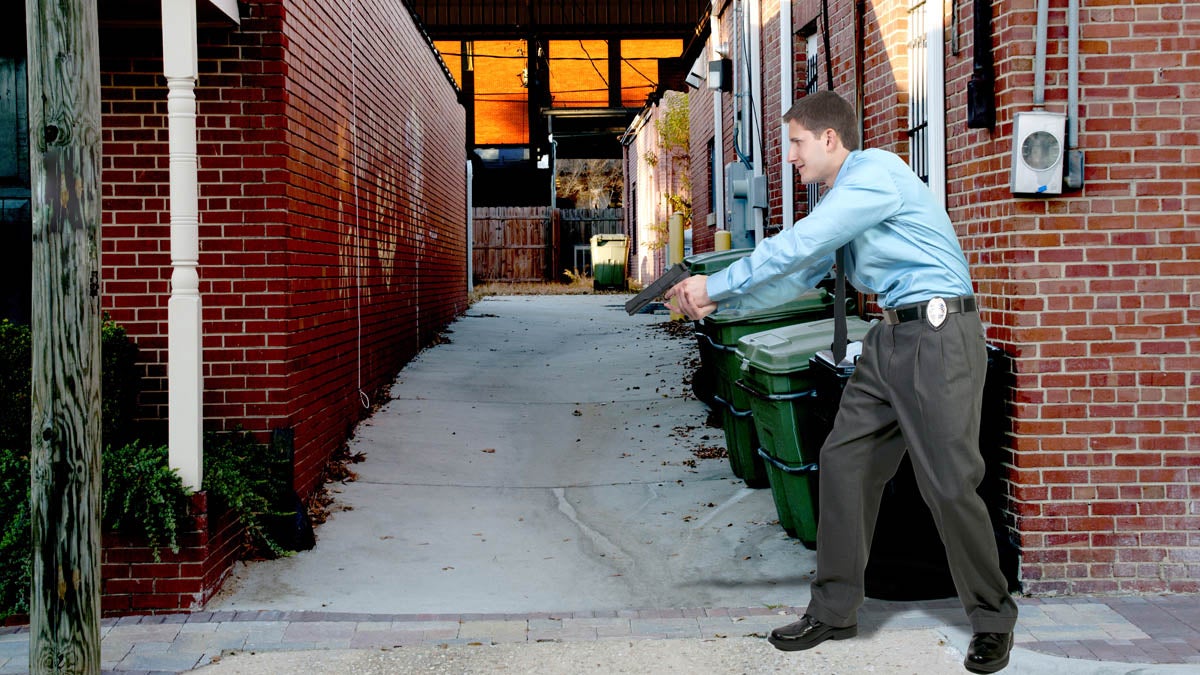Mentally ill much more likely to be involved in fatal encounter with police
Listen Photo via ShutterStock) " title="shutterstock_70432141" width="1" height="1"/>
Photo via ShutterStock) " title="shutterstock_70432141" width="1" height="1"/>
(Photo via ShutterStock)
A new report estimates that those with severe, untreated mental illness are 16 times more likely to have fatal encounters with police.
The new report analyzed data on police shootings from the Bureau of Justice Statistics as well as independent databases maintained by The Guardian and The Washington Post.
It finds people with severe mental illnesses such as schizophrenia are involved in at least one in four of all fatal police shootings.
The grim findings are no surprise, said John Snook who heads the Treatment Advocacy Center, which compiled the report.
“If you have a severe mental illness, especially one that’s untreated, you are much more likely to come into contact with law enforcement officers, and unfortunately that’s when these sort of tragedies happen,” he said.
Snook said the report points to the need for better treatment for people with serious mental illnesses.
“The reality is we need to stop those situations from happening in the first place, rather than trying to address them on the back end,” he said.
Michelle Monzo teaches police how to recognize the signs of mental illness in Montgomery County. When officers come into contact with the severely mentally ill, she said, they often don’t realize it.
“They’re faced with a lot of difficulties in the sense that they have to make very quick decisions, and mental illness can mimic many other things,” she said.
For example, someone who is hearing voices may not respond to requests from officers to put up their hands or to stay put. That can be interpreted as a threat to the officer.
The report said increasing the number of psychiatric hospital beds and expanding the use of court-ordered outpatient care would reduce these incidents.
It also calls for better databases to track every officer-involved shooting.
“I think you’re seeing a number of nonprofits, and media sources that are doing their own collecting, and are finding that any federal database so far has been woefully inadequate. And that’s a problem,” said Snook.
The report recommends that Congress fund a comprehensive federal database of fatal police interactions that incentivizes full reporting by law enforcement.
WHYY is your source for fact-based, in-depth journalism and information. As a nonprofit organization, we rely on financial support from readers like you. Please give today.

